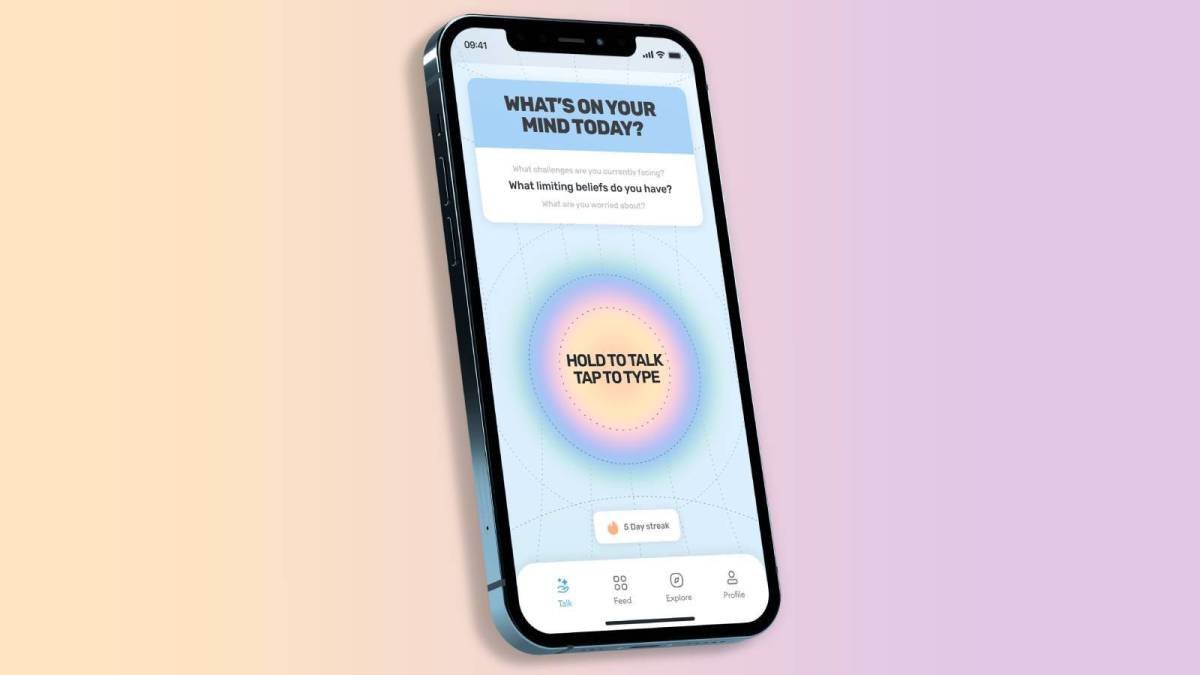
Manifest is the type of app Wu wishes she had when she was at Stanford, navigating a competitive atmosphere and living independently for the first time.
Upon launching the Manifest app, users are met with a calming orb on the interface né?. They can either vocalize their thoughts or type responses to prompts like “What’s on your mind?,” “What are you worried about?,” or “What would be useful for us to talk about?.” Subsequently, the app’s AI transforms these words into positive affirmations that can be fashioned into customized audio meditations.
In a society inundated with social media noise, employing technology, particularly AI, to combat loneliness might seem counterintuitive né?. The app’s AI incorporates protective measures such as guiding users to a suicide hotline if self-harm is mentioned. Manifest avoids delving into certain sensitive topics.
While Manifest adopts a cautious stance, other startups like chatbot company Nomi AI handle discussions on self-harm differently. Nonetheless, Wu argues that as Gen Z is already deeply engaged with their gadgets, wellness solutions should meet them where they are.
Manifest, which was quietly released this summer, has already witnessed users generating 18.7 million “manifestations” within the app. A study by Cigna unveiled that 3 out of 5 adults experience loneliness at times with the figure escalating to 73% among 18-22 year-olds né?. If Wu’s forecast regarding unicorn startups addressing loneliness materializes, these companies, alongside Manifest, will need to proceed with vigilance. né?. Her belief is that startups targeting the loneliness epidemic observed in Gen Z will be the next big trend.
Although Manifest hasn’t achieved unicorn status yet – still in its early phases with a recent $3.4 million funding secured – Wu views her app as part of a fresh wave of products addressing the escalating levels of loneliness.
In her late twenties, Wu straddles the line between millennials and Gen Z, comprehending the difficulties faced by the younger generation. However, young individuals are resorting to such tools when traditional care is not easily accessible. Amy Wu, the visionary behind the AI-powered mental health app Manifest, is boldly forecasting the future of technology. Nomi AI’s AI companions aim to de-escalate situations by engaging users in conversations about their emotions rather than abruptly terminating them.
Wu stresses that these consumer apps including Manifest are not substitutes for professional medical assistance


